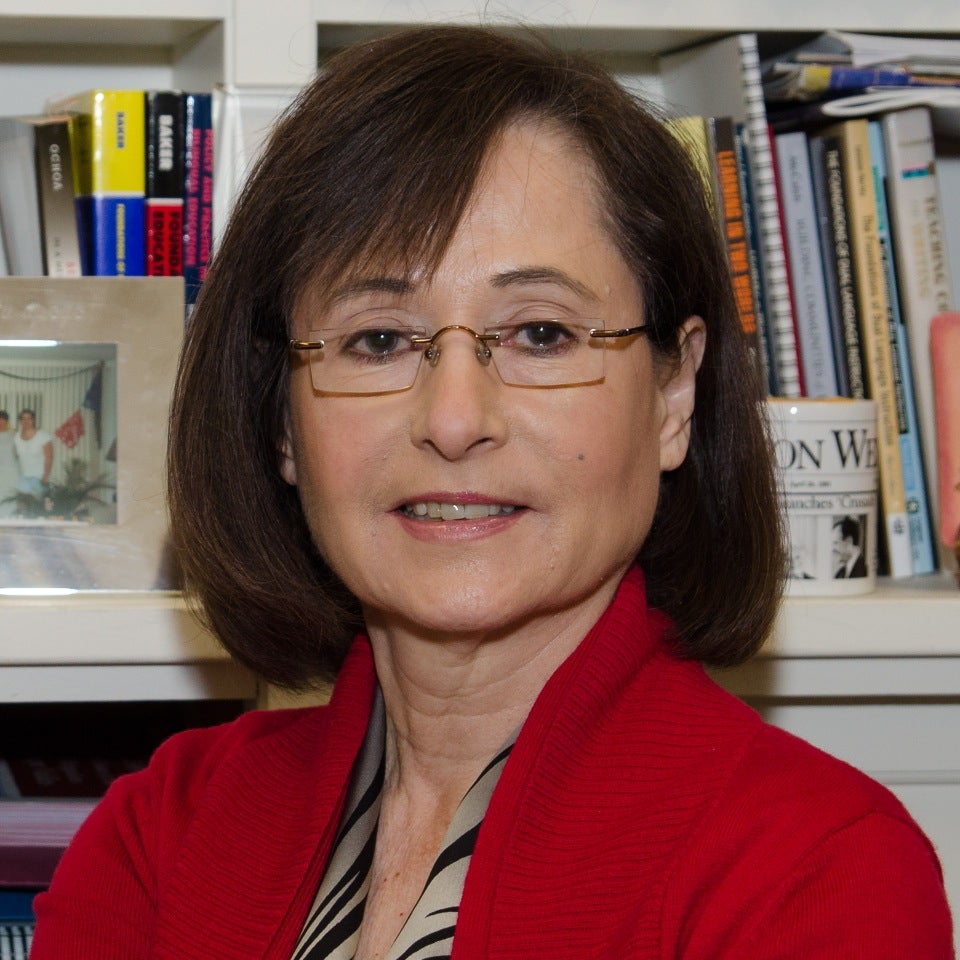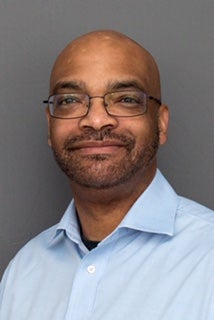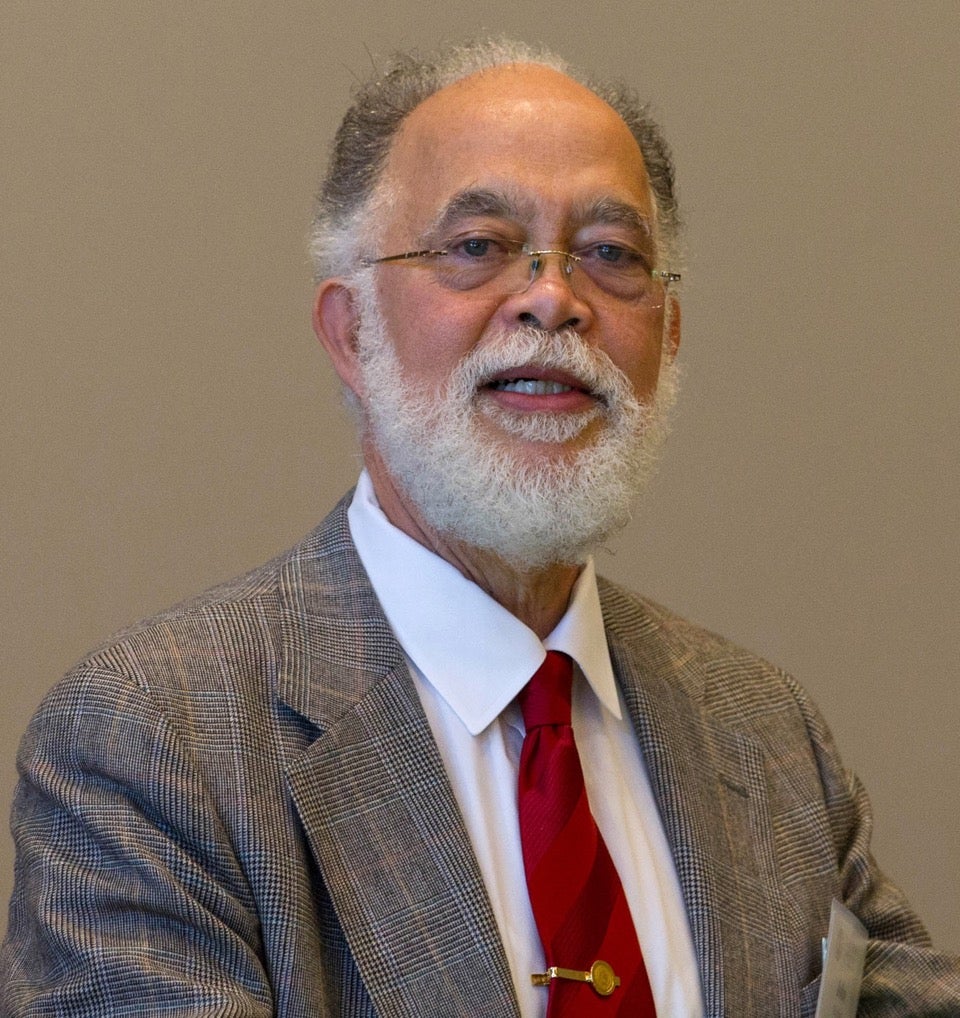Invited Speakers
Guadalupe Valdés, Stanford University

Guadalupe Valdés is the Bonnie Katz Tenenbaum Professor of Education at Stanford University. Much of her work has focused on the English-Spanish bilingualism of Latinos in the United States and on discovering and describing how two languages are developed, used, and maintained by individuals who become bilingual in immigrant communities. Her books include Bilingualism and testing: A special case of bias (Valdés & Figueroa, Ablex, 1994), Con respeto: Bridging the distance between culturally diverse families and schools (Teachers College Press, 1996), Learning and not Learning English (Teachers College Press, 2001) Expanding Definitions of Giftedness: Young Interpreters of Immigrant Background (Lawrence Erlbaum, 2003), Developing minority language resources: The case of Spanish in California (Valdés, Fishman, Chavez & Perez, Multilingual Matters, 2006) and Latino Children Learning English: Steps in the Journey (Valdés, Capitelli & Alvarez, Teachers College Press, 2010). Valdés has also carried out extensive work on teaching, maintaining and preserving heritage languages among minority populations. Her early publications in this area include edited volumes, journal articles and language textbooks. Valdés is a member of the American Academy of Education and a Fellow of the American Educational Research Association (AERA. She serves on the editorial boards of a number of journals including Modern Language Journal, Critical Inquiry in Language Studies, and Research on the Teaching of English.
HERITAGE LANGUAGE LEARNERS IN THE CLASSROOM: COMPLICATING IMAGINED PATHWAYS
Friday Morning, 10-11.15am
In this presentation, I address this year’s Roundtable theme Linguistics and the Public Good: Representing the Language of Underrepresented Groupsby considering what it might mean to serve the needs of underserved populations in instructional contexts. I focus on students currently referred to as heritage language learners(HLL) and propose a conceptual framework for examining goals, pedagogical approaches and underlying theories and policies that inform such instruction. Drawing from Valdés’ recent work (2016, 2017, 2018, Valdés & Parra, 2018)on curricularizinglanguage, I begin by examining the interacting mechanisms that are involved in ordinary “language instruction” and then describe: (1) examples of instructional contexts in which students are described as HLLs, (2) varying goals and objectives for such instruction, and (3) the shifting theoretical and ideological framework in which the activity of language “teaching” is now embedded.I conclude with a look at past efforts at serving “linguistically different,” underserved students and suggest that in designing appropriate, effective, supportive, responsive instruction for HLL students, many of whom are seen from a deficit perspective, we must directly problematize both privilege andrace and raise questions about how and why groups continue to be underrepresented and under-served in society at large.
Michael Terry, UNC Chapel Hill

J. Michael Terry is Associate Professor in the Department of Linguistics at the University of North Carolina at Chapel Hill. His work focuses primarily on the semantics of tense and aspect in dialects of American English, with a particular emphasis on African American English (AAE). Among Dr. Terry’s current research projects in this area are studies of the semantic properties of African American English perfect constructions, and of the various linguistic devices the dialect uses to express the habitual recurrence of events. A second line of Dr. Terry’s research examines issues related to processing AAE. His research in this area includes investigation into the possible effects of dialectal differences on the results of tests of mathematical reasoning in early education. His most recent work (done in collaboration Mako Hirotani, Associate Professor of Linguistics and director of the Language and Brain Laboratory at Carleton University at Ottawa) investigates the neural correlates of processing these differences.
A MORPHEME OUTSIDE OF THEIR GRAMMAR: AFRICAN AMERICAN ENGLISH SPEAKING 2NDGRADERS, VERBAL -S, AND EDUCATIONAL ACHIEVEMENT
Saturday Morning, 9-10.15am
With the conference theme – linguistics and the public good – in mind, in this talk, I will present analytical work the results of which may very well have serious implications for the application of linguistic research to education. Focusing on the role that differences between the dialect a student speaks at home and the dialect used in classroom instruction may play in test performance, the talk builds on behavioral data that suggest a large number of African-American English speaking 2ndgraders might do as much as 10% better on certain commonly used standardized tests of mathematical reasoning if they could better cope with one seemingly small linguistic mismatch: in contrast to their experience at school, they seldom hear verbal -s – the s that turns walk into walks in John walks to work– at home. African-American English speakers themselves typically render this sentence John walk to work.Although a topic of debate, since the early days of sociolinguistic research on AAE, some linguists, most notably William Labov, have argued that verbal -s is not simply used infrequently in AAE, but that it is not a part of the underlying grammar of the dialect (Labov 1968). More recent work has made this same claim for child AAE specifically (Green 2010). The heart of the talk will be the presentation preliminary results from auditory ERP (brainwave) study that provides neurological data in support of the claim that verbal -s is not a part of the grammar of AAE speaking 2ndgraders, and an argument that this is a key factor in its having the educational effect that is does.
John Rickford, Stanford University

John R. Rickford (PhD, U. of Pennsylvania, 1979) is Professor of Linguistics, J.E. Wallace Sterling Professor of the Humanities, and Bass University Fellow of Undergraduate Education at Stanford University, where he has taught since 1980. He was elected to the American Academy of Arts and Sciences in 2017. His research interests include sociolinguistic variation and change, ethnicity, social class and style; pidgins and creoles; African American Vernacular English; and educational linguistics. He is the author of numerous scholarly articles, and several books, including Dimensions of a Creole Continuum, African American Vernacular English, and Spoken Soul (co-authored with Russell J. Rickford and winner of an American Book Award).
HOW CAN LINGUISTICS CONTRIBUTE TO LIFE, LIBERTY, AND THE PURSUIT OF HAPPINESS, STARTING WITH CRIMINAL JUSTICE?
Saturday afternoon, 1.15-2.30pm
It is now 243 years since Thomas Jefferson (!) and the Committee of Five (Jefferson, John Adams, Benjamin Franklin, Roger Sherman and Robert Livingston) wrote in the Declaration of Independence that “Life, Liberty and the pursuit of Happiness” are among the “unalienable Rights” that all men and women are endowed with, in addition to being “created equal.” Although it is true that the US DOES uphold these rights better than many countries around the world–one reason I and millions of immigrants came and continue to come to these shores–it is also true that the US is the world’s leading jailer, and that there are huge disparities in racial and ethnic disparities in US prisons and jails.
In this presentation, I will discuss the need for linguists to be actively involved in trying to overcome these wrongsof the US criminal justice system, so that the unalienable rightsarticulated in the 1776 Declaration of Independence might be more fully and equally enjoyed.
I’ll begin with a Tale of Two Sisters on a Greyhound bus whom a DEA agent recently asked for permission to search. Harriet said yes, but Tamika (both pseudonyms) said no, via the phrase I’m good. The agent took the latter phrase as affirmative, went ahead and did an invasive search of both sisters, quickly discovered contraband and took them to jail (i.e., deprived them of their liberty), where they still remain. The lawyer who asked me to provide expert testimony argued that Tamika’s search was illegal, since I’m goodmeant “No,” not “Yes.” I’ll detail the evidence, from crossword puzzles, dictionaries, corpus searches and a crowd-sourcing experiment, that my students and I marshaled to support the lawyer’s defense.
In the rest of my presentation, I’ll go over some of the other instances and ways in which linguists, especially those participating in what I’ve begun (since NWAV2018) to call “activist sociolinguistics,” have contributed to life, liberty and the pursuit of happiness in the US. It is impossible to cover everyone and everything, but I’ll begin with work by Labov in 1985 and Shuy in 1998, and end with other more recent contributions by faculty and/or students at Georgetown, Stanford, Northeastern University and the University of Pennsylvania. Some of the areas that need pressing, innovative action or research will be identified.
Deborah Tannen, Georgetown University

Deborah Tannen has been a member of the linguistics department faculty at Georgetown since 1979; she is one of six in the College of Arts and Sciences who hold the distinguished rank of University Professor. Her 25 books (12 authored, 13 edited or co-edited) have addressed such topics as interactional sociolinguistics, conversational interaction, cross-cultural communication, frames theory, conversational vs. literary discourse, gender and language, and social media discourse. She has been McGraw Distinguished Lecturer at Princeton University and has twice been a fellow at the Center for Advanced Study in the Behavioral Sciences at Stanford. She has received 5 honorary doctorates. Her books include Conversational Style: Analyzing Talk Among Friends (Oxford), Gender and Discourse (Oxford), and Talking Voices: Repetition, Dialogue and Imagery in Conversational Discourse (Cambridge)
Outside the Academy, she is best known as the author of You Just Don’t Understand: Women and Men in Conversation, which was on the New York Times best seller list for nearly four years, including eight months as No. 1, and has been translated into 31 languages. Among her other books, You Were Always Mom’s Favorite!: Sisters in Conversation Throughout Their Lives and You’re Wearing THAT?: Understanding Mothers and Daughters in Conversation were also New York Times best sellers. Deborah Tannen is a frequent guest on television and radio news and information shows, including The Colbert Report, 20/20, Good Morning America, The Today Show, The Rachael Ray Talk Show, PBS NewsHour, Charlie Rose, Oprah, Hardball, Nightline, many shows on CNN and NPR including 1A, Morning Edition, All Things Considered, The Diane Rehm Show, and Fresh Air. She has been featured in and written for most major newspapers and magazines, including The New York Times, The Washington Post, The Atlantic, HuffPost, Newsweek, Time, USA Today, People, and The Harvard Business Review. Her most recent book, You’re the Only One I Can Tell: Inside the Language of Women’s Friendships, was published in 2017.
COMMUNICATING LINGUISTICS TO THE BROADER PUBLIC
Sunday morning, 10.30-11.45
